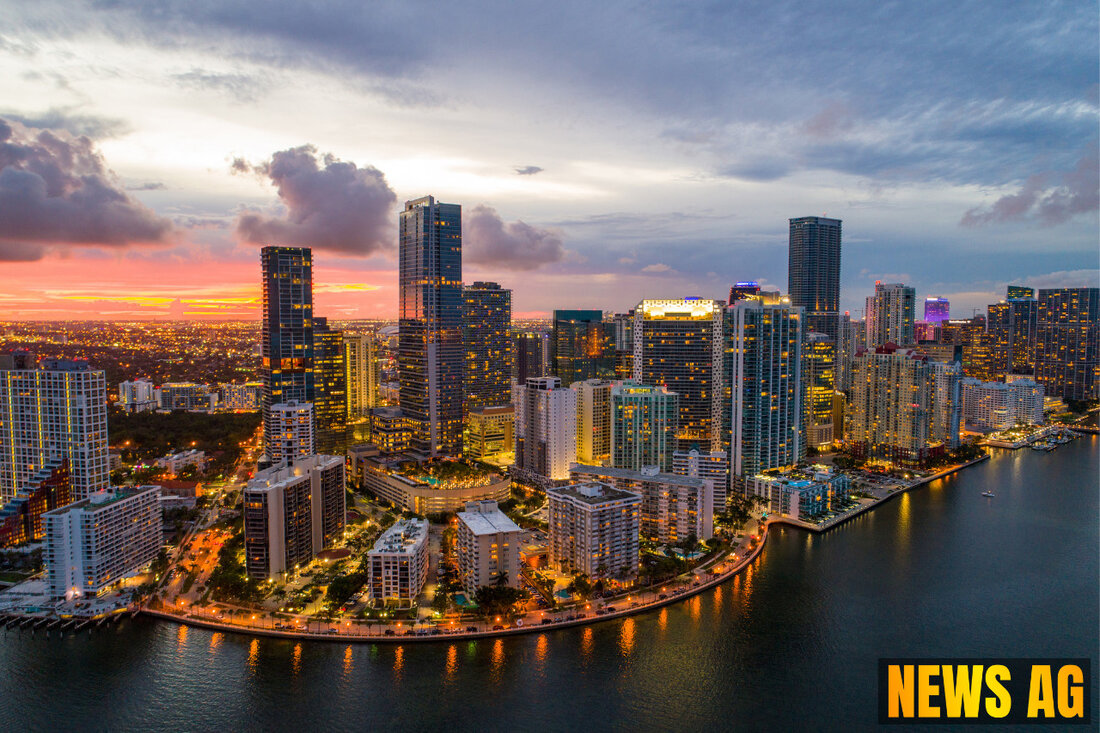Florida's New Condo Law: Will Your Building Pass the Inspection Test?

Surfside, Florida, USA - In light of recent tragedies and safety concerns, Florida has implemented a vital new law that mandates special inspections and reserve funding for condominium and co-op buildings. This initiative is a direct response to the devastating Surfside condominium collapse in 2021, which sadly led to the loss of 98 lives. As a result, the Florida government aims to reinforce structural integrity and help avert any similar catastrophic incidents in the future. Behind the Hedges reports that the law applies to buildings that are over three stories tall and at least 25 years old, or 30 years old if located further from the coastline.
Under these regulations, „milestone“ structural inspections must be conducted by licensed professionals, alongside mandatory structural integrity reserve studies. Should inspections reveal significant deterioration, additional follow-up inspections are required, with repairs mandated within one year. These efforts also extend to addressing the common issue of underfunded reserve accounts, as previously, many were waived or insufficiently funded.
Impact on Financial Health
The transition to these new requirements isn’t without its complications. The rising costs associated with property insurance are already weighing heavily on condo owners. For instance, Mike Beck, the president of Old Port Cove Towers, disclosed that windstorm insurance has reached over a million dollars. Increased financial strains could leave many residents struggling, especially those on fixed incomes or in less affluent areas, particularly in Broward County. USA Today highlights that these pressures may drive some residents away from their homes and could lead to a decline in condo sales.
To address these challenges, House Bill 913 (HB 913) is poised to offer some relief. If signed into law by Governor DeSantis, this bill will come into effect on July 1, 2025, and is seen as a key measure to alleviate some of the financial burdens on condo associations. The bill proposes extending deadlines for reserve studies and permitting alternative funding methods, thereby easing the immediate financial impact on many condo owners.
Regulatory Clarity and Future Steps
Looking at the broader implications, the newly enforced measures underscore a significant shift toward accountability and transparency in financial matters. There’s something to be said for the fresh approach of mandating that condo associations share inspection reports and reserve studies with potential buyers, ensuring informed decisions. ManageCasa notes that this move is specifically designed to instill confidence as buyers navigate Florida’s unique real estate landscape.
It is important for all condo associations to take these new laws seriously or face the risk of fines or personal liability for board members. The stakes are indeed high, with approximately 900,000 condo units in Florida that could be affected by these new directives. Notably, milestone inspections and subsequent feedback must be shared with local authorities and building owners within a strict timeline of 45 days.
As the state navigates these crucial reforms, well-managed buildings like The Enclave in Palm Beach exemplify best practices by already completing required inspections and ensuring robust reserve funds. Such proactive steps serve as an encouragement for others to follow suit, facilitating compliance with new laws and enhancing community safety and satisfaction.
In conclusion, while the changes might present challenges, they undeniably prioritize resident safety and financial prudence in Florida’s dynamic condo market. As communities adapt and embrace these developments, there’s reason to hope that the new regulations will foster stronger, safer living environments in the years ahead.
| Details | |
|---|---|
| Ort | Surfside, Florida, USA |
| Quellen | |
